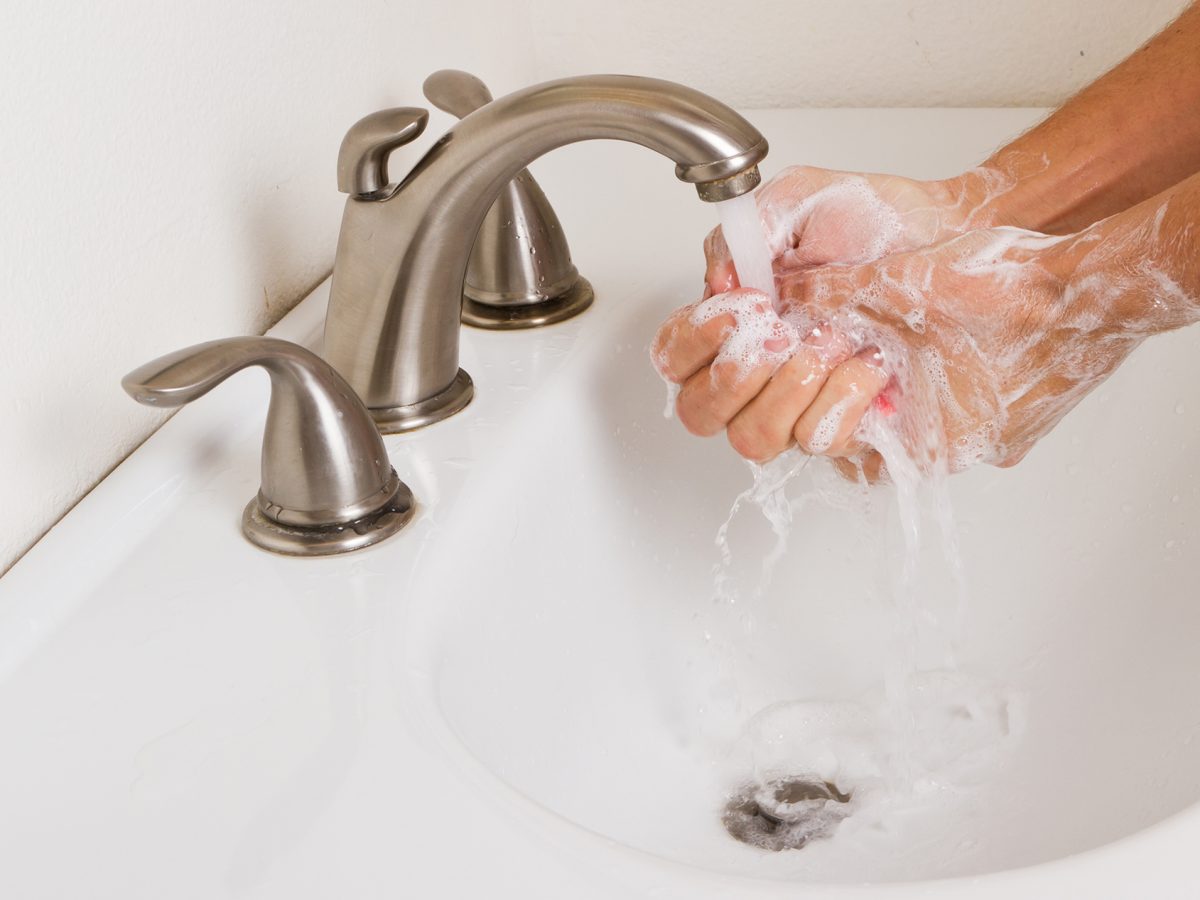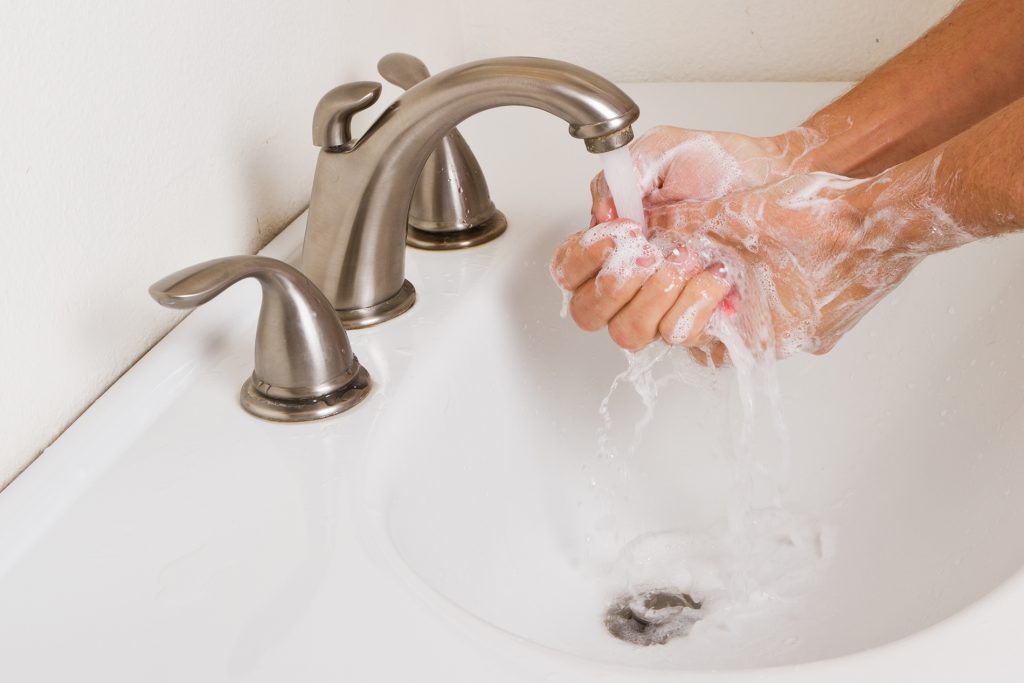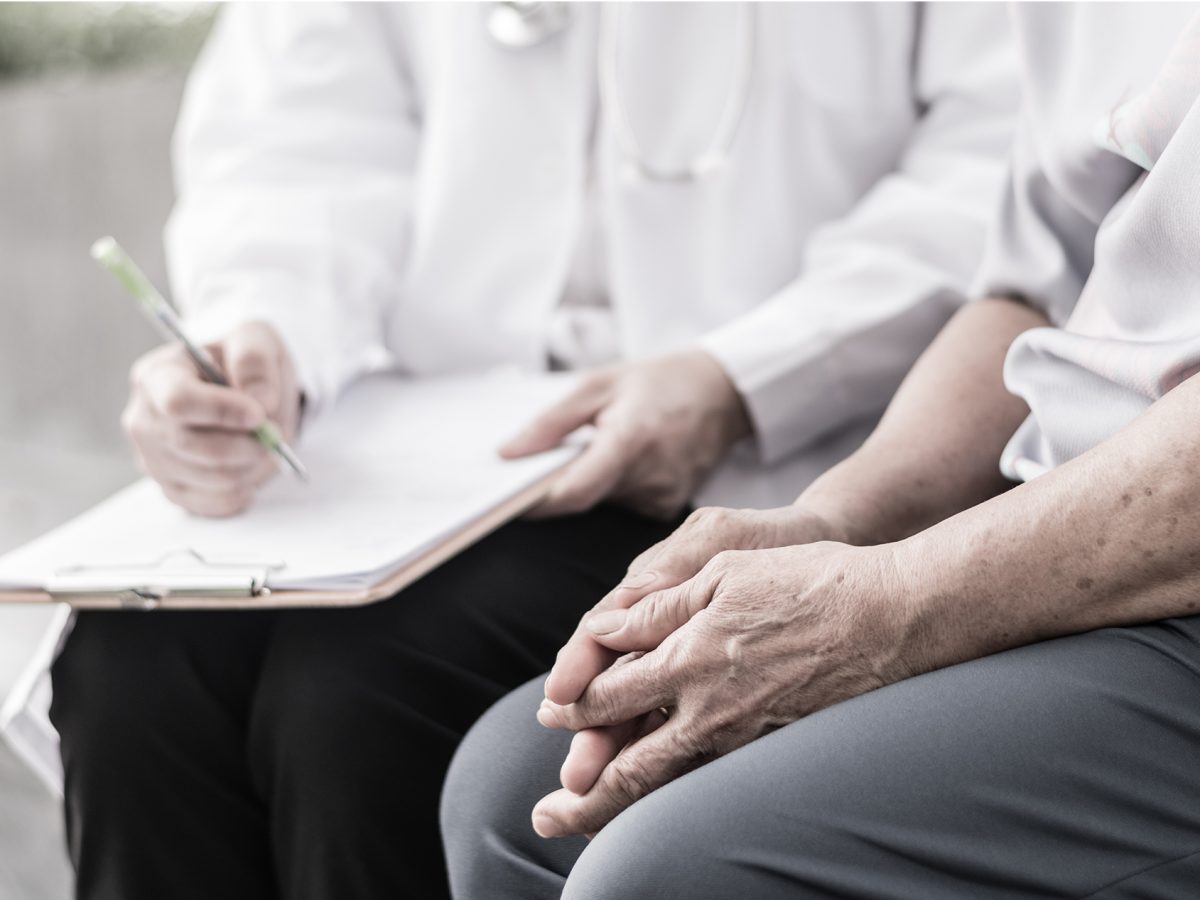Psychiatry
OCD Obsessive compulsive disorders and related disorders
Obsessive compulsive disorder or OCD in short is a common psychiatry problem in the community. The lifetime prevalence of OCD ranges between 2-3 %. It is usually first seen in childhood or early adulthood.
A) What are the symptoms of OCD?
There are definite criteria to diagnose OCD.
OCD consists of two components
a) Obsessions: It is a repeated intrusive thoughts, images or impulses that cause distress to the patient. It is like a stuck tape recorder in which the song plays again and again. The person tries to ignore or suppress these thoughts but is not able to do so.
b) Compulsions: These are repeated behaviours (like hand washing, checking etc) or mental acts (like counting, praying, etc) that the person feels driven to in response to an obsession. These thoughts and acts are not pleasurable and cause distress to the patient.
Common Obsessions and compulsions are as follows
- Feeling that their hands are dirty and washing it repeatedly
- Taking a long time in showering
- Repeatedly checking the door knobs if it is closed or not
- Putting the electricity switches on and off
- Rearranging furniture and other articles until they feel that it is perfect
- Feel the need to do things “perfectly”
- Planning excessively for the future
- Repeatedly asking for reassurance from carers
- Counting repeatedly
- Repeated doubts and decision making is slow
B) These thoughts causes distress and is not pleasurable
C) The person recognizes these thoughts as his own and considers it illogical and senseless
D) These thoughts and acts interfere in the persons day to day activities
1. What causes OCD ?
The causes for OCD are many
- Genes : OCD runs in families and it is common to find many members of a family suffering from OCD to varying degree
- Chemicals: Dysfunction in the chemical serotonin in the brain can cause OCD
- OCD can result from pathological processes affecting the brain functioning eg. Epilepsy and head injury. Disorders affecting a part of the brain called basal ganglia have been associated with OCD.
- In children post infectious autoimmune related forms of OCD have been described
- Stress can precipitate or worsen OCD
2. What is the treatment for OCD?
OCD can be treated with medications and cognitive behaviour therapy
- Medications: Many medications are available to treat OCD. They all act on the chemical serotonin. They belong mainly to the group of medications called Serotonin specific reuptaker inhibitors (SSRI).
- Cognitive behaviour therapy (CBT): There are specific non medication form of treatment for OCD which is very effective.
- Exposure response prevention
- Thought stopping techniques for obsessions
- A new approach is using virtual reality therapy for OCD.
Diagnostic Criteria
A) Presence of obsessions, compulsions, or both:
Obsessions are defined by (1) and (2):
- Recurrent and persistent thoughts, urges, or images that are experienced, at some time during the disturbance, as intrusive and unwanted, and that in most individuals cause marked anxiety or distress.\
- The individual attempts to ignore or suppress such thoughts, urges, or images, or to neutralize them with some other thought or action (I. e., by performing a compulsion).
Compulsions are defined by (1) and (2)
- Repetitive behaviors (e.g., hand washing, ordering, checking) or mental acts (e.g., praying, counting, repeating words silently) that the individual feels driven to perform in response to an obsession or according to rules that must be applied rigidly.
- The behaviors or mental acts are aimed at preventing or reducing anxiety or distress, or preventing some dreaded event or situation ; however, these behaviors or mental acts are not connected in a realistic way with what they are designed to neutralize or prevent, or are clearly excessive.
Note: Young children may not be able to articulate the aims of these behaviors or mental acts.
B) The obsessions or compulsions are time-consuming (e.g., take more than 1 hour per day) or cause clinically significant distress or impairment in social, occupational, or other important areas of functioning.
C) The obsessive-compulsive symptoms are not attributable to the physiological effects of a substance (e.g., a drug of abuse, a medication) or another medical condition.
D) The disturbance is not better explained by the symptoms of another mental disorder (e.g., excessive worries, as in generalized anxiety disorder; preoccupation with appearance, as in body dysmorphic disorder; difficulty discarding or parting with possessions, as in hoarding disorder; hair pulling, as in trichotillomania [hair-pulling disorder]; skin picking, as in excoriation [skin-picking] disorder; stereotypes,
as in stereotypic movement disorder; ritualized eating behavior, as in eating disorders; preoccupation with substances or
gambling, as in substance-related and addictive disorders; preoccupation with having an illness, as in illness anxiety disorder; sexual urges or fantasies, as in paraphilic disorders ; impulses, as in disruptive, impulse-control, and conduct disorder; guilty ruminations, as in major depressive disorder; insertion or delusional preoccupations, as in schizophrenia spectrum and other psychotic disorders; or repetitive patterns of behavior, as in autism spectrum disorder).
Specify if:
With good or fair insight: The individual recognizes that the Obsessive –compulsive disorder beliefs are definitely or probably not true or that they may or may not be true.
With poor insight: The individual thinks obsessive compulsive disorder beliefs are probably true
With absent insight /delusional belief: The individual is completely convinced that obsessive compulsive disorder beliefs are true.
Specify if:
Tic –related: The individual has a current or past history of a tic disorder
Medical Specialists
- ocd
- what is ocd behaviour
- ocd examples
- ocd cleaning
- causes of ocd
- ocd treatment
- what are the 4 types of ocd?
- ocd definition
- ocd types
- ocd symptoms
- ocd full form
- ocd test
- ocd disease
- ocd problem
- ocd meaning
- ocd and anxiety
- ocd and depression
- ocd a monster in my mind
- ocd a mental illness
- best psychologist for ocd in bangalore
- ocd bangalore
- in nimhans what type of treatment for ocd
- ocd clinic appointment
- ocd surgery in bangalore
- best ocd treatment in india
- psychiatrist for ocd near me
- ocd a form of anxiety
- ocd a disorder that cannot be ignored
- ocd behaviour
- ocd best treatment
- ocd best medicine
- ocd causes
- ocd clinic bangalore
- ocd cure
- ocd congregation
- ocd cleanliness
- ocd disorder
- ocd effects
- ocd exercise
- types of ocd
- symptoms of ocd
- ocd genetic
- ocd guidelines
- ocd hand washing
- ocd help
- ocd hospital
- ocd in medical terms
- ocd in children
- ocd i need help
- ocd latest treatment
- ocd medication
- ocd medical term
- ocd new treatment
- ocd nightmare
- ocd obsessions
- ocd of cleaning
- ocd of washing hands
- ocd of thoughts
- ocd online test
- ocd overthinking
- ocd obsessive compulsive disorder
- ocd recovery
- ocd syndrome
- ocd symptoms list
- ocd therapy
- ocd with depression
- ocd 2020
- obsessive compulsive disorder meaning
- obsessive compulsive disorder treatment
- obsessive compulsive disorder ocd
- obsessive compulsive disorder causes
- obsessive compulsive disorder symptoms
- obsessive compulsive disorder and anxiety
- obsessive compulsive disorder and relationships
- obsessive compulsive disorder behaviors
- o c d obsessive compulsive disorder
- obsessive compulsive disorder diagnosis
- obsessive compulsive disorder drugs
- obsessive compulsive disorder disease
- obsessive compulsive disorder effects
- obsessive compulsive disorder eating
- obsessive compulsive disorder for cleanliness
- obsessive compulsive disorder how to overcome
- obsessive compulsive disorder is an anxiety disorder
- i have obsessive compulsive disorder
- do i have obsessive compulsive disorder
- i think i have obsessive compulsive disorder
- why do i have obsessive compulsive disorder
- obsessive compulsive disorder list
- obsessive compulsive disorder long term effects
- obsessive compulsive disorder lip picking
- obsessive compulsive disorder of cleaning
- obsessive compulsive disorder cbt
- obsessive compulsive disorder obsessions
- obsessive compulsive disorder obsessive thoughts
- obsessive compulsive disorder ocd symptoms
- obsessive compulsive disorder prevention
- obsessive compulsive disorder reason
- obsessive compulsive disorder therapy
- obsessive compulsive disorder 2020
- obsessive compulsive disorder 2021




